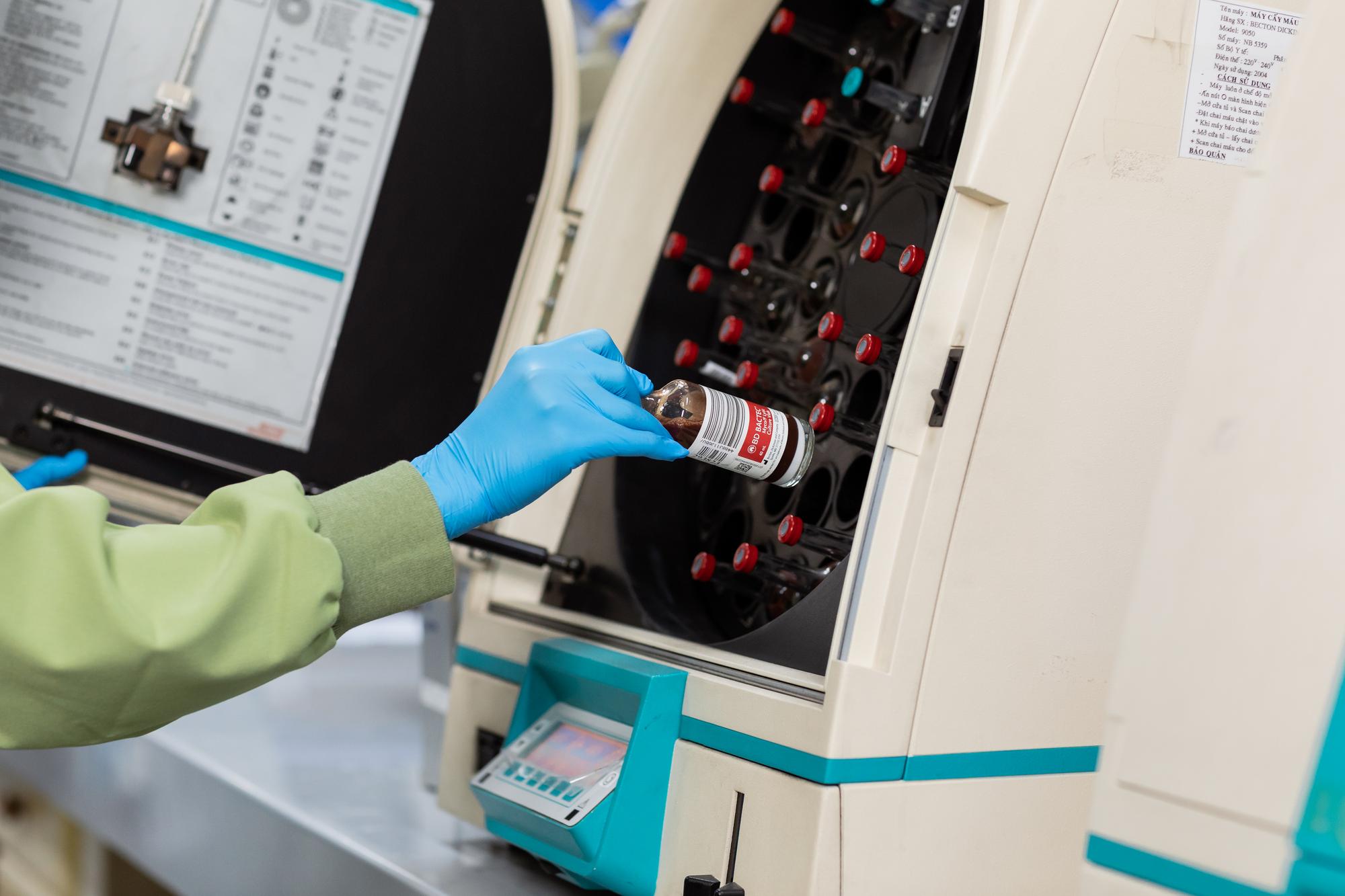
Situated within the National for Tropical Diseases, our lab plays a crucial role in advancing our understanding of tropical diseases, their transmission patterns, and the genetic makeup of the pathogens involved.
The labs on the Giai Phong campus are dedicated to conducting research in the fields of Molecular Epidemiology, Bacteriology, and Genome Sequencing.
The Molecular Epidemiology lab investigates the genetic characteristics of pathogens in the hospital and the community to understand how diseases spread, evolve, and develop drug resistance. By analysing the genomic data of pathogens, we can identify transmission routes, track outbreaks, and inform public health interventions.
Bacteriology is a key focus area of our lab. We study various bacterial pathogens responsible for tropical diseases. Through advanced molecular techniques, we characterise bacterial strains, assess their virulence factors, and analyse their antibiotic resistance profiles. This information is vital for guiding treatment strategies, designing effective control measures, and developing novel therapeutics.
Genome sequencing is a core capability of our lab. We employ cutting-edge sequencing technologies, such as next-generation sequencing (NGS), to decipher the complete genetic code of pathogens. By sequencing the genomes of bacteria and other disease-causing organisms, we gain insights into their genetic diversity, evolution, and mechanisms of pathogenicity. This information aids in the identification of potential drug targets, the development of diagnostics, and the understanding of host-pathogen interactions.
In addition to research, our lab provides diagnostic support to the National Hospital for Tropical Diseases and other healthcare facilities. We utilise molecular techniques, such as PCR and sequencing, to accurately detect and identify pathogens in patient samples. This aids in rapid and precise diagnosis, informing appropriate treatment decisions and guiding infection control measures.